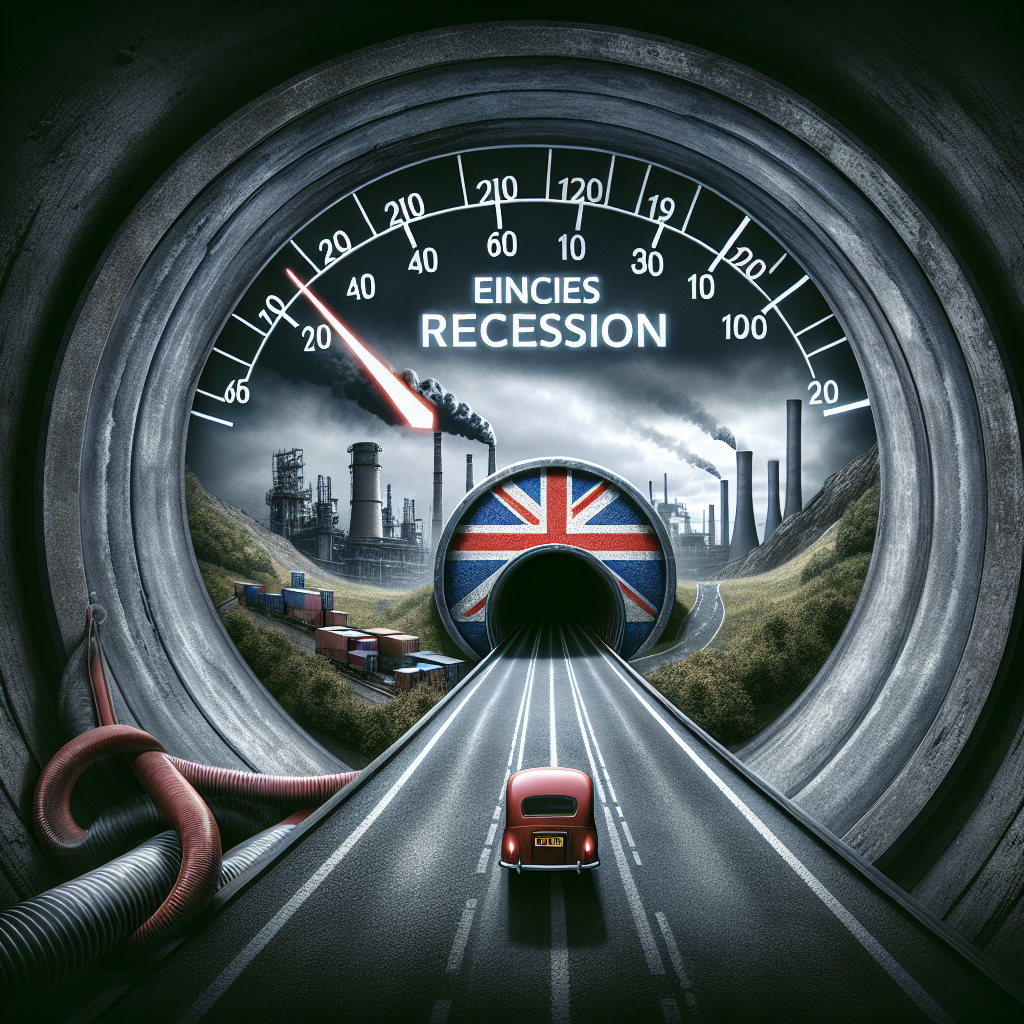UK Economy Exits Recession with Fastest Growth in Two Years
The United Kingdom has emerged from a deep recession with its fastest economic growth in two years. This news comes as a welcome relief to a country that has been grappling with the economic fallout of the COVID-19 pandemic. The Office for National Statistics (ONS) reported that the UK economy grew by 15.5% in the third quarter of 2020, surpassing expectations and signaling a potential recovery.
The UK economy had experienced a sharp contraction earlier in the year due to the nationwide lockdown measures imposed to curb the spread of the virus. The second quarter of 2020 saw a record-breaking decline of 19.8%, the largest drop in GDP ever recorded. This contraction was felt across various sectors, including manufacturing, construction, and services.
However, the third quarter brought some much-needed respite. The easing of lockdown restrictions allowed businesses to reopen and consumers to resume spending. This led to a surge in economic activity, particularly in the hospitality and retail sectors. The ONS reported that the accommodation and food services industry experienced the largest quarterly growth on record, with a staggering 293.3% increase.
The government’s furlough scheme, which provided financial support to businesses and workers affected by the pandemic, also played a crucial role in stabilizing the economy. The scheme helped prevent widespread job losses and provided a lifeline to struggling businesses. As a result, unemployment rates remained relatively low compared to initial projections.
While the third-quarter growth figures are undoubtedly positive, economists caution against excessive optimism. The UK economy is still smaller than it was before the pandemic, and the road to a full recovery remains uncertain. The resurgence of COVID-19 cases and the subsequent imposition of localized lockdowns pose a significant threat to economic stability.
Brexit, the UK’s impending departure from the European Union, also adds to the uncertainty. Negotiations between the UK and the EU have been fraught with challenges, and the outcome of the trade deal remains uncertain. A no-deal Brexit could have severe consequences for the UK economy, potentially leading to disruptions in trade and supply chains.
Furthermore, the long-term impact of the pandemic on consumer behavior and business investment is yet to be fully understood. The shift towards remote working and online shopping may have lasting effects on traditional industries, such as commercial real estate and brick-and-mortar retail. The recovery of the UK economy will depend on its ability to adapt to these changing dynamics.
In conclusion, the UK economy’s exit from recession with its fastest growth in two years is undoubtedly a positive development. The easing of lockdown measures and government support have helped stimulate economic activity and prevent a more severe downturn. However, challenges remain, including the ongoing pandemic, Brexit, and changing consumer behavior. The road to a full recovery will require continued government support, adaptability, and resilience from businesses and individuals alike.




